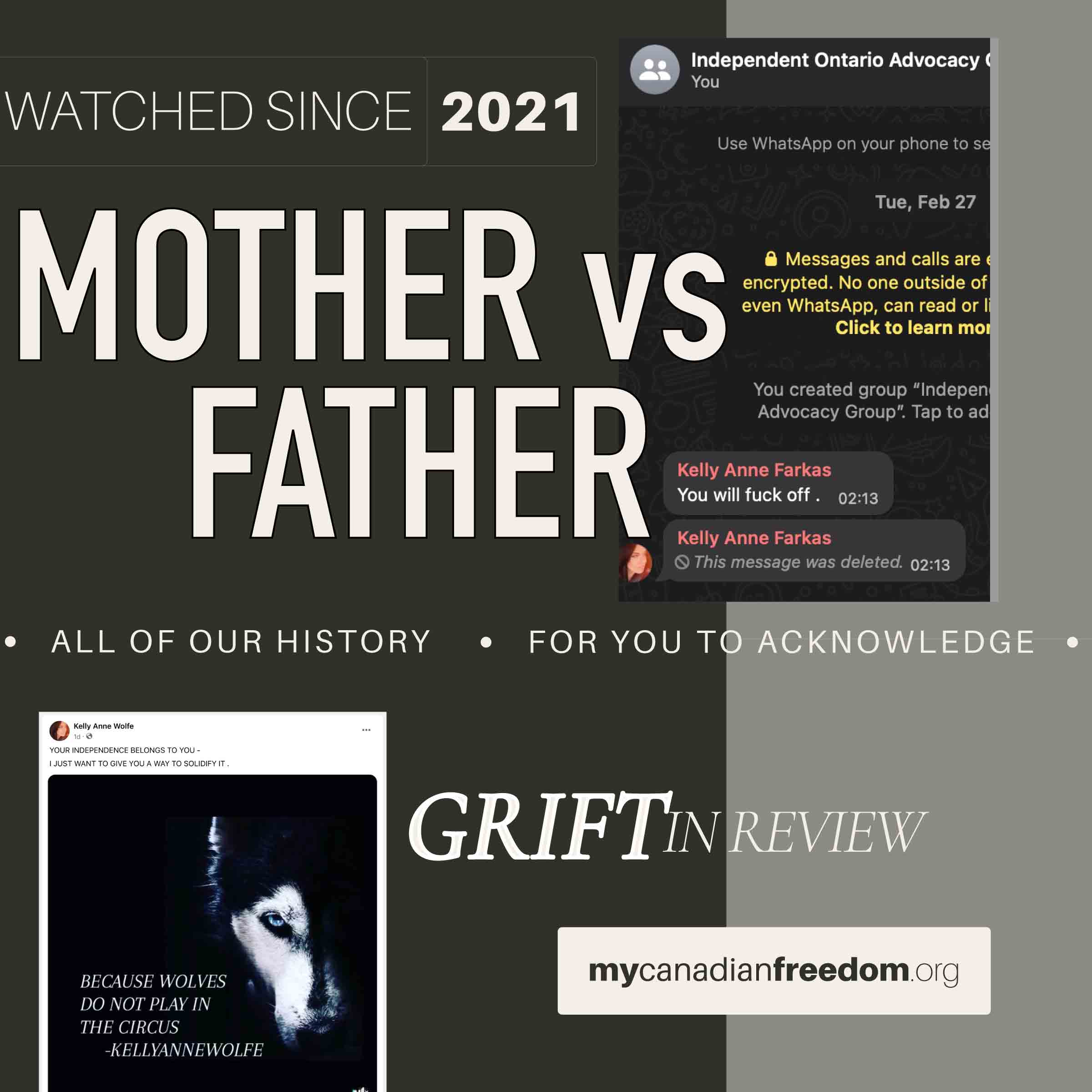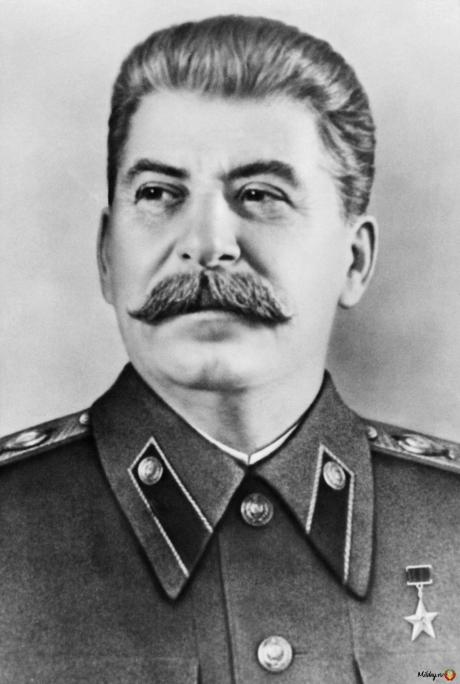Hello,
My name is Beth Ann Wright, an attorney in the United States.
I have been watching the TruckersForFreedom with interest. This evening I saw a video that purports to be Canadian police officers in Ottawa seizing fuel from truckers posted with a timestamp of 6:35 pm CST by Rebel News (in a message forwarded from Covid Red Pills channel) in the TruckersForFreedom Telegram channel.
These Canadian police officers are committing War Crimes in violation of:
-
GENEVA CONVENTION RELATIVE TO THE PROTECTION OF CIVILIAN PERSONS IN TIME OF WAR OF AUGUST 12, 1949, ARTICLE 30 -- APPLICATION TO PROTECTING POWERS AND RELIEF ORGANIZATIONS, PARAGRAPH 1. -- RIGHT OF COMMUNICATION, 1. PRINCIPLE, p. 174. See also THE GENEVA CONVENTIONS OF 12 AUGUST 1949 COMMENTARY, Jean S. PICTET, pp. 213-215.
The Truckers and other members of the public are "Protected Persons" under Article 30, and have the "absolute right" to "protest" inter alia and receive "material relief" from "any organization that might assist them." Moreover, the Canadian police force has an affirmative duty such that the "Detaining or Occupying Powers [the Canadian police force] shall facilitate as much as possible visits to protected persons by the representatives of other organizations whose object is to give spiritual aid or material relief to such persons" inter alia. Id.
Therefore, the Canadian police officers are committing War Crimes against Protected Persons under the Geneva Convention 4, Article 30, Paragraph 1, 1. Principle by seizing fuel from Protected Persons. The Canadian police are advised to immediately Cease and Desist such War Crimes. The Protected Persons are advised to remain peaceful; record the names and images of anyone potentially committing War Crimes; and, request assistance from "Protecting Powers," namely, the Global Military Alliance. See id.
Beth Ann Wright, JD, OTR/L
Possible hurdles:
- Not a formally designated "aid society"?
- Not an internationally recognized conflict?
The Geneva Diplomatic Conference was not called to revise the Fourth Ha- gue Convention. The Civilian Convention of August 12, 1949, therefore in no way invalidates the Regulations concerning the Laws and Customs of War on Land; it is not a substitute for that agreement, which remains in force. As happily expressed by the Conference, the Convention “shall be supplementary to Sections II and III” of the said Regulations. (See Fourth Convention, Art. 154.)
The new Convention contains one hundred and fifty-nine Articles and two Annexes. According to the text of a draft Preamble submitted by the French and Finnish Delegations – but not adopted, as the Conference decided to follow the precedent of the other Geneva Conventions, which contain no Preamble – it is inspired by “the eternal principles of that Law which is the foundation and the safeguard of civilization“, and is designed to “ensure the respect of human personality and dignity by putting beyond reach of attack those rights and liberties which are the essence of its existence”.
It prohibits in particular:
- Violence to life and person, in particular torture, mutilations or cruel treatment.
- The taking of hostages.
- Deportations.
- Outrages upon personal dignity, in particular humiliating or degrading treatment, or adverse treatment founded on differences of race, colour, nationality, religion, beliefs, sex, birth or social status.
- The passing of sentences and the carrying out of executions with- out previous judgment pronounced by a regularly constituted court affording all the judicial guarantees recognized as indispensable by civilized peoples.
In the present edition, a Table is appended showing the division into Parts, Sections and Chapters, and reproducing the marginal notes to each Article. Reference to this Table will afford a complete outline of the subjects dealt with, and the position they occupy in the Convention.
Amongst the General Provisions, Article 4 gives the following definition of the persons who will have the benefit of the Convention:
- “Persons protected by the Convention are those who, at a given moment and in any manner whatsoever, find themselves, in case of a conflict or occupation, in the hands of a Party to the conflict or Occupying Power of which they are not nationals.
“Nationals of a State which is not bound by the Convention are not protected by it.
- “Nationals of a neutral State who find themselves in the territory of a belligerent State, and nationals of a co-belligerent State, shall not be regarded as protected persons while the State of which they are nationals has normal diplomatic representation in the State in whose hands they are.”
The last two clauses were added by the Conference to the draft, which was found too narrow on this particular point.
Part II (Art. 13 to 26) concerns the general protection of populations against certain consequences of war. It goes beyond the limits set up by Article 4, and covers the population as a whole, i.e. not only “protected persons”, but also those who cannot avail themselves of this protection and, in particular, those who are nationals of the Party to the conflict, or of the Occupying Power by whom they are held.
There is thus provision for hospital and safety zones and localities, and neutralized zones (Art. 14 and 15), for the protection of civilian hospitals (Art. 18), for measures in behalf of children (Art. 24) and for the exchange of family news (Art. 25). In all cases these measures are quite general in scope, giving neither the grounds, nor indeed any practical opportunity, for discrimination.
Part III (Art. 27 to 141) defines the status and treatment of protected persons, and the manner of the application of the Convention.
Following the precedent of the Tokyo Draft, it distinguishes between foreign nationals on the territory of a Party to the conflict, and the population of occupied territories. It is divided into five Sections.
- Section I contains provisions common to the above two categories of persons, dealing with the responsibilities of the State and of its agents (Art. 29), application to Protecting Powers and relief organizations (Art. 30), prohibition of corporal punishments (Art. 32), of collective penalties, terrorism, pillage and reprisals (Art. 33), and of the taking of hostages (Art. 34).
- Section II relates to aliens in the territory of a Party to the conflict, and deals with the right to leave the territory (Art. 35), protection in case of internment (Art. 41), and refugees (Art. 44).
- Section III contains the prescriptions for occupied territories, on such subjects as inviolability of rights (Art. 47), deportations, transfers and evacuations (Art. 49), children (Art. 50), labour (Art. 51) food (Art. 55), hygiene and public health (Art. 56), spiritual assistance (Art. 58), relief (Art. 59 to 63), penal legislation (Art. 64 to 75), and treatment of detainees (Art. 76).
- Section IV deals with internment. It is divided into twelve Chapters, the contents of which are in general analogous to the provisions adopted for prisoners of war.
- [ Chapter I ]
General Provisions; - [ Chapter II ]
Places of internment; - [ Chapter III ]
Food and clothing; - [ Chapter IV ]
Hygiene and medical attention; - [ Chapter V ]
Religious, intellectual and physical activities; - [ Chapter VI ]
Personal property and financial resources; - [ Chapter VII ]
Administration and discipline; - [ Chapter VIII ]
Relations with the exterior; - [ Chapter IX ]
Penal and disciplinary sanctions; - [ Chapter X ]
Transfers of internees; - [ Chapter XI ]
Deaths; - [ Chapter XII ]
Release, repatriation and accommodation in neutral countries.
- [ Chapter I ]
- Section V is devoted to Information Bureaux and the Central Agency, the functioning of which is to follow that of the Central Prisoners of War Agency.
Part IV (Art. 142 to 159) concerns the execution of the Convention. Section I (General Provisions) contains, amongst others, the provision on the repression of breaches of the Convention, already mentioned.




Comments
- Reply
PermalinkThanks for the letter. In regard to your statement "and, request assistance from "Protecting Powers," namely, the Global Military Alliance. See id."
There is no "id" of which I am aware. You provide zero contact info for this "GMA". Your letter is therefore almost useless. Thanks anyway. Try again?
- Reply
PermalinkThis gonna be a fuckin' legendary blow back.. think the cartoon version of Yosemite Sam and the exploding cigar. that "mayor" is royally fucked; it's apparently prima facie, as a dispute capable of falling within the provisions of the Convention against Trans-national Organized Crime (Palermo Convention). Ego will be there downfall. Just because they can do something, does not make it just.
It's an undeclared war, and the State Actors are actually serving their "mea culpa" up on a fuckin' platter. This is so fuckin' hilarious..
LEGENDARY. QUINTESSENTIALLY MOTHERFUCKING LEGEND... BOOM.
https://www.icrc.org/en/doc/assets/files/publications/icrc-002-0173.pdf
Note:
The abbreviation ‘id.’ is the shortened form of the Latin word ‘idem,’ which means ‘the same person/thing.’ In this case, "see id" is the same as saying longform "The Geneva Conventions of 12 August 1949". Temet Nosce.
- Reply
Permalink- Reply
Permalink- Reply
Permalink- Reply
Permalink